The scene: Ilona Maher stands in front of her fridge, wearing lethal red lipstick and a dark sleeveless sheath with the scoopiest of scoop backs.
I know in that song “Baby Got Back,” they’re referring to a woman’s behind, her butt, her derriere, her gluteus maximus muscle. But when people say “baby got back” to me, they’re referring to my literal back. Look at this. This dress, it’s all out. All out. It’s almost too much, too intimate. Like, who’s seeing down to this part of my back? Like, I don’t know, I’m feeling sexy as hell with my traps, my lats, my (points to sides of her lower back) whatever this is … out. Baby got literal back, you know what I’m saying?
–Ilona Maher, Aug. 18, 2023, TikTok
The look, the platform, the unapologetic appreciation of femininity and strength — they’re all part of Maher’s personal constitution. It’s a three-word constitution that no doubt squares the jaws of many of her 1.1 million TikTok followers, especially girls and women of all ages who see Maher’s videos and think, as one teen put it, “Oh, these can all exist together, and it’s really cool.”
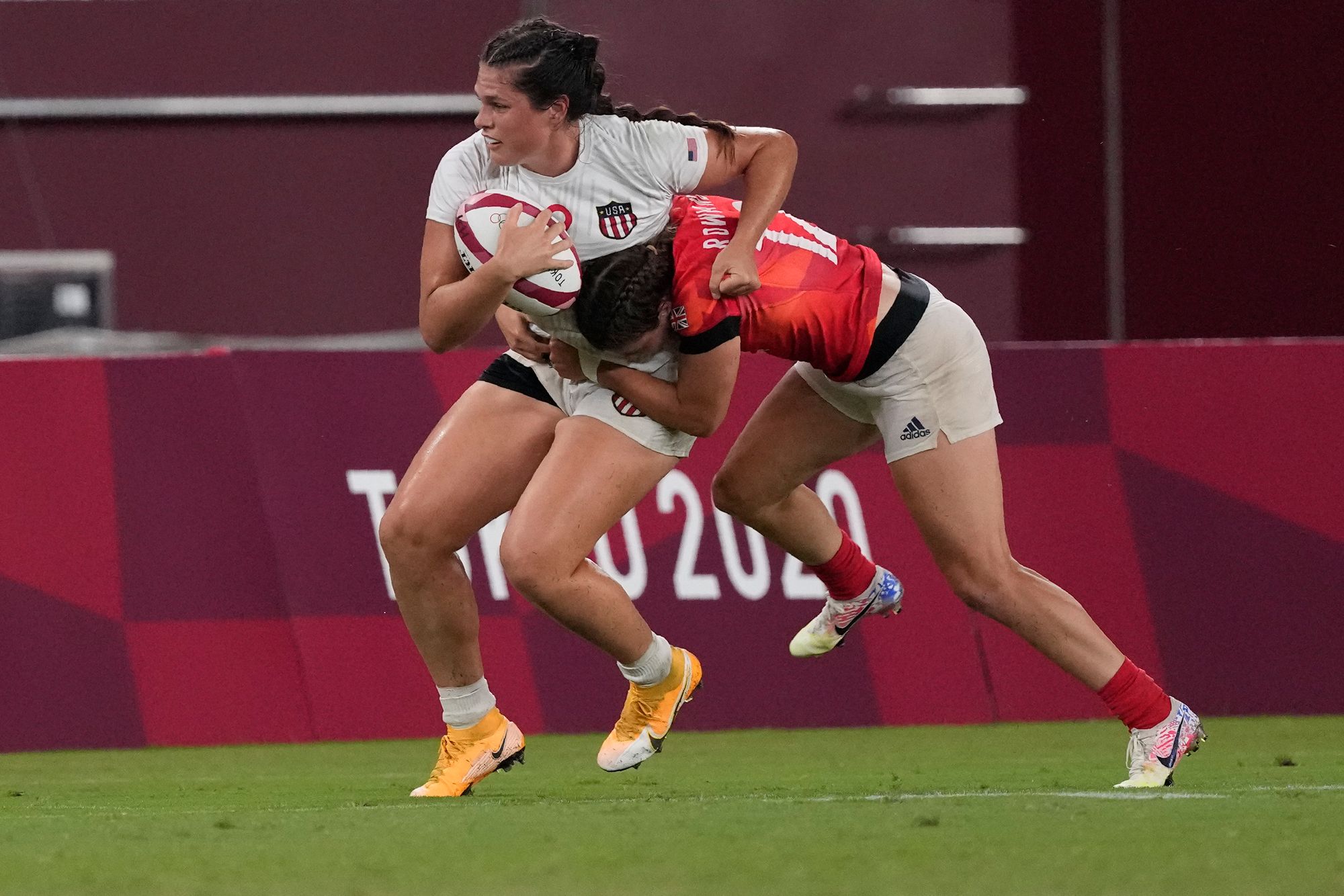
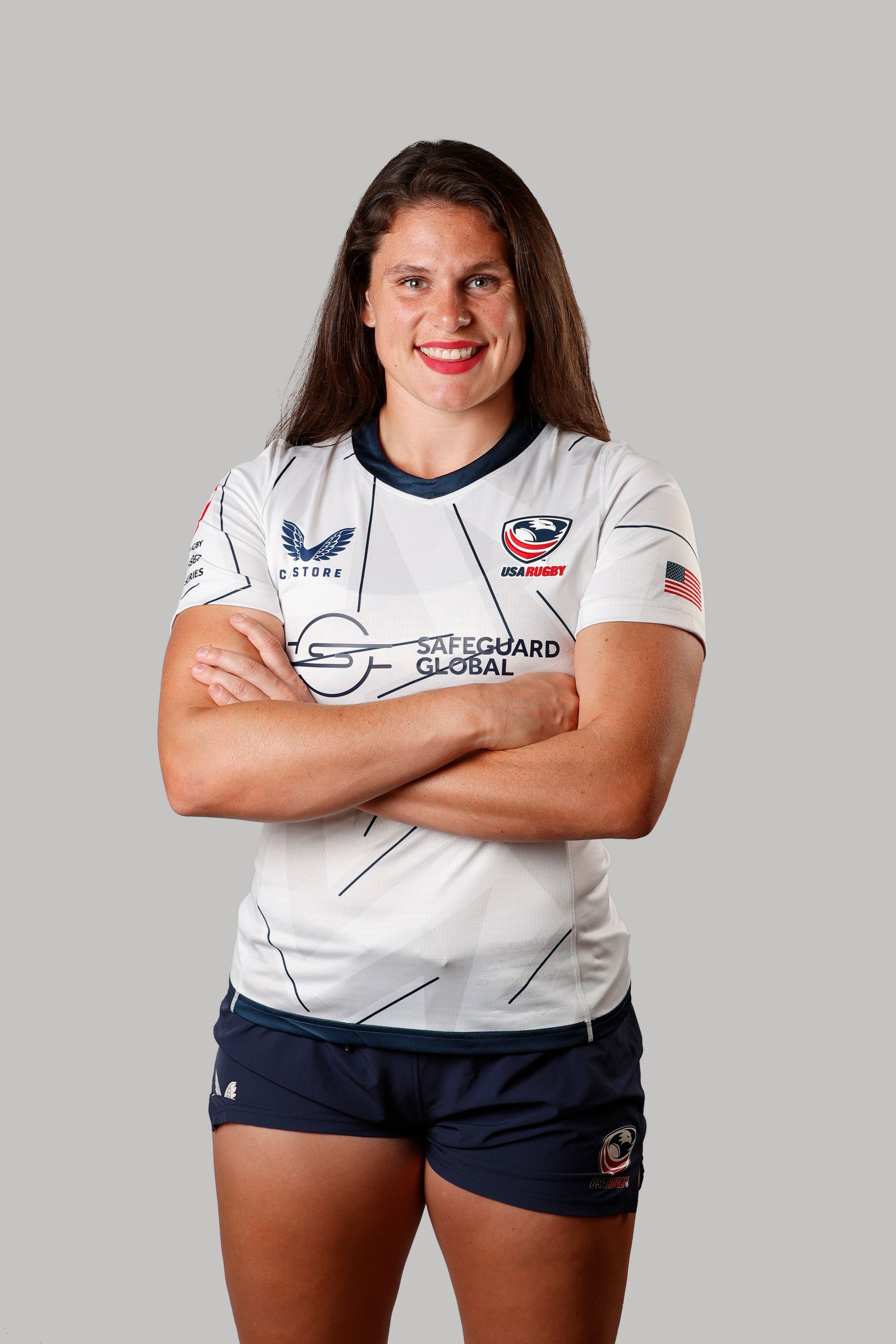
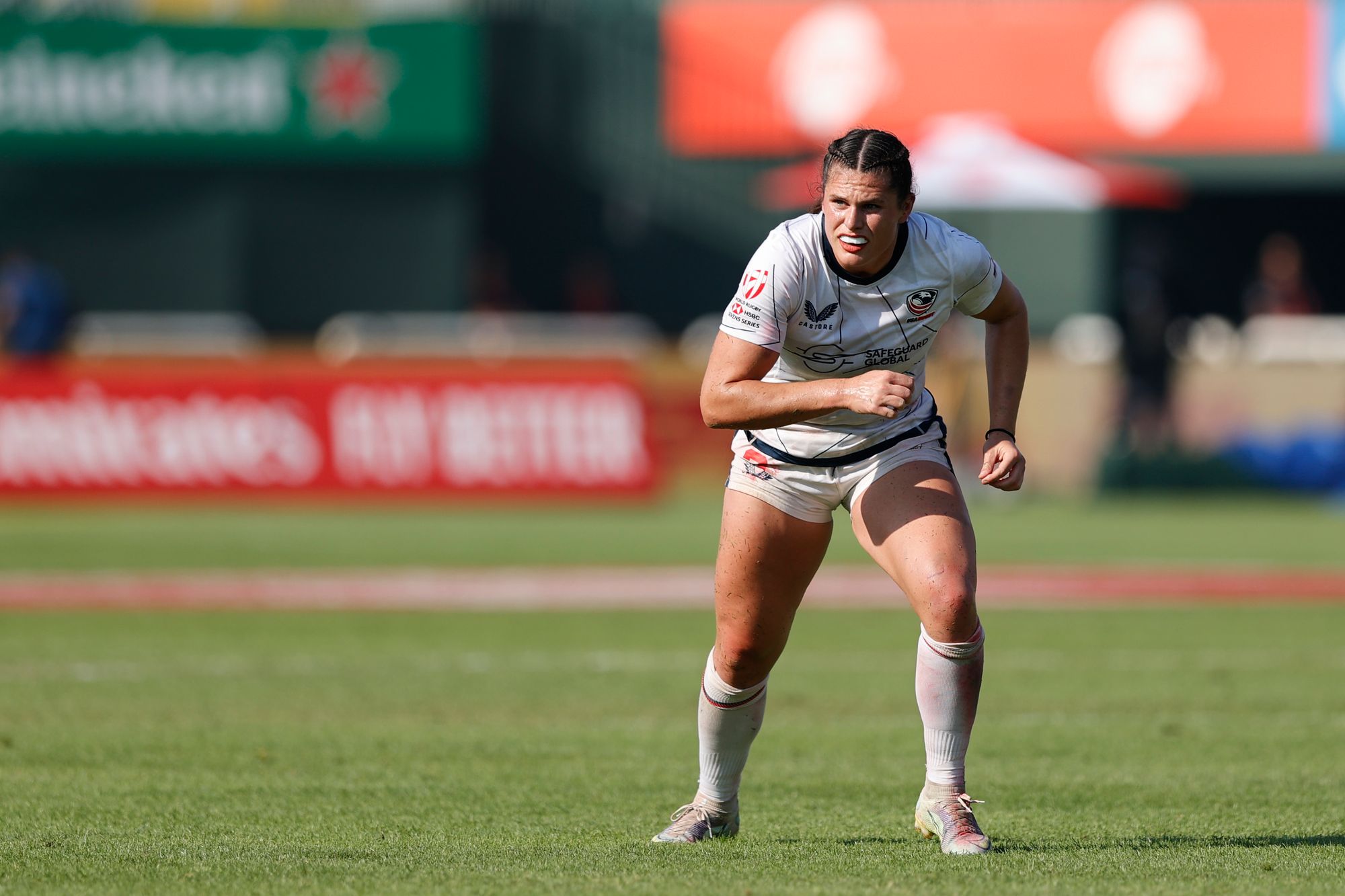
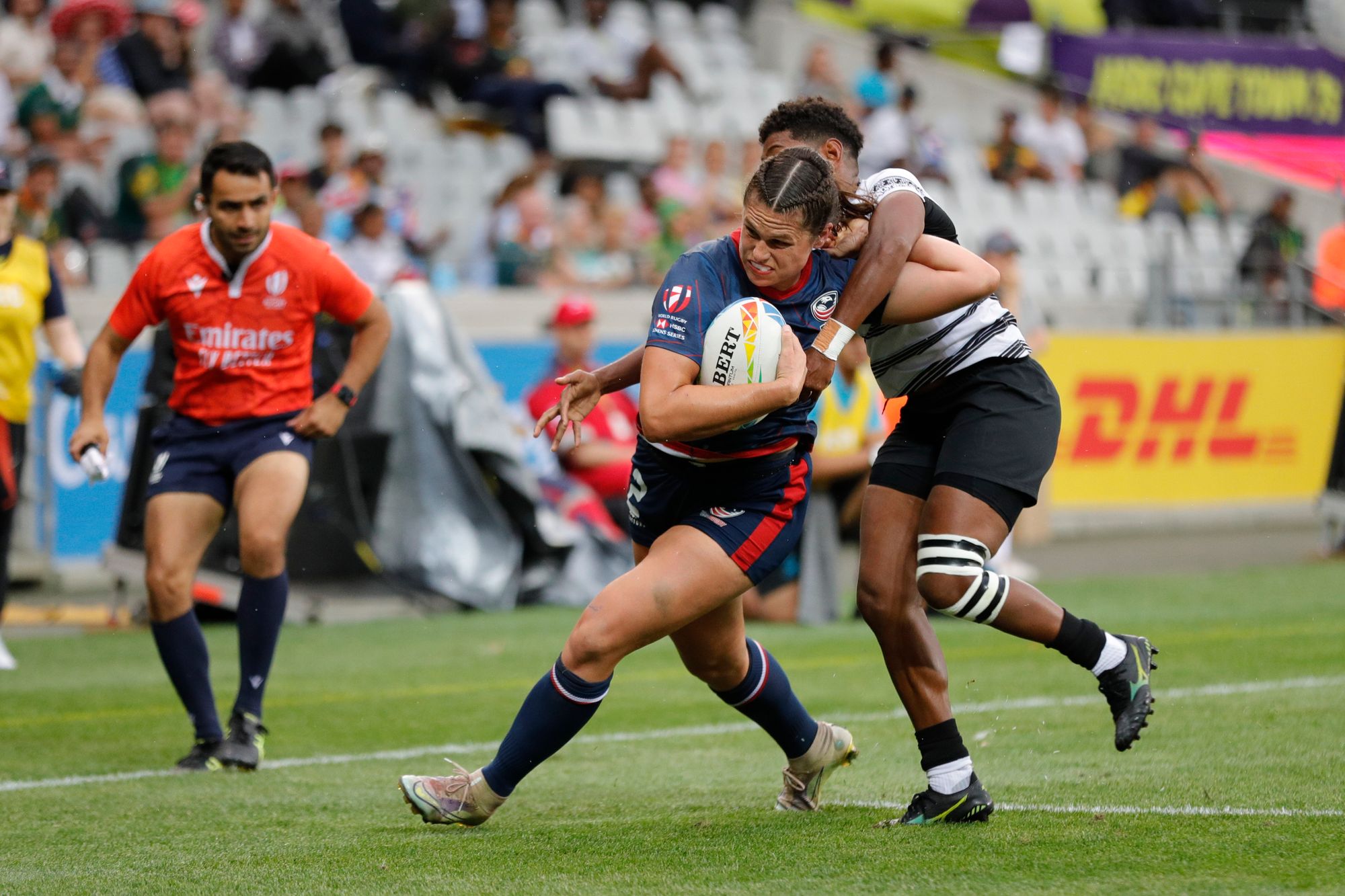
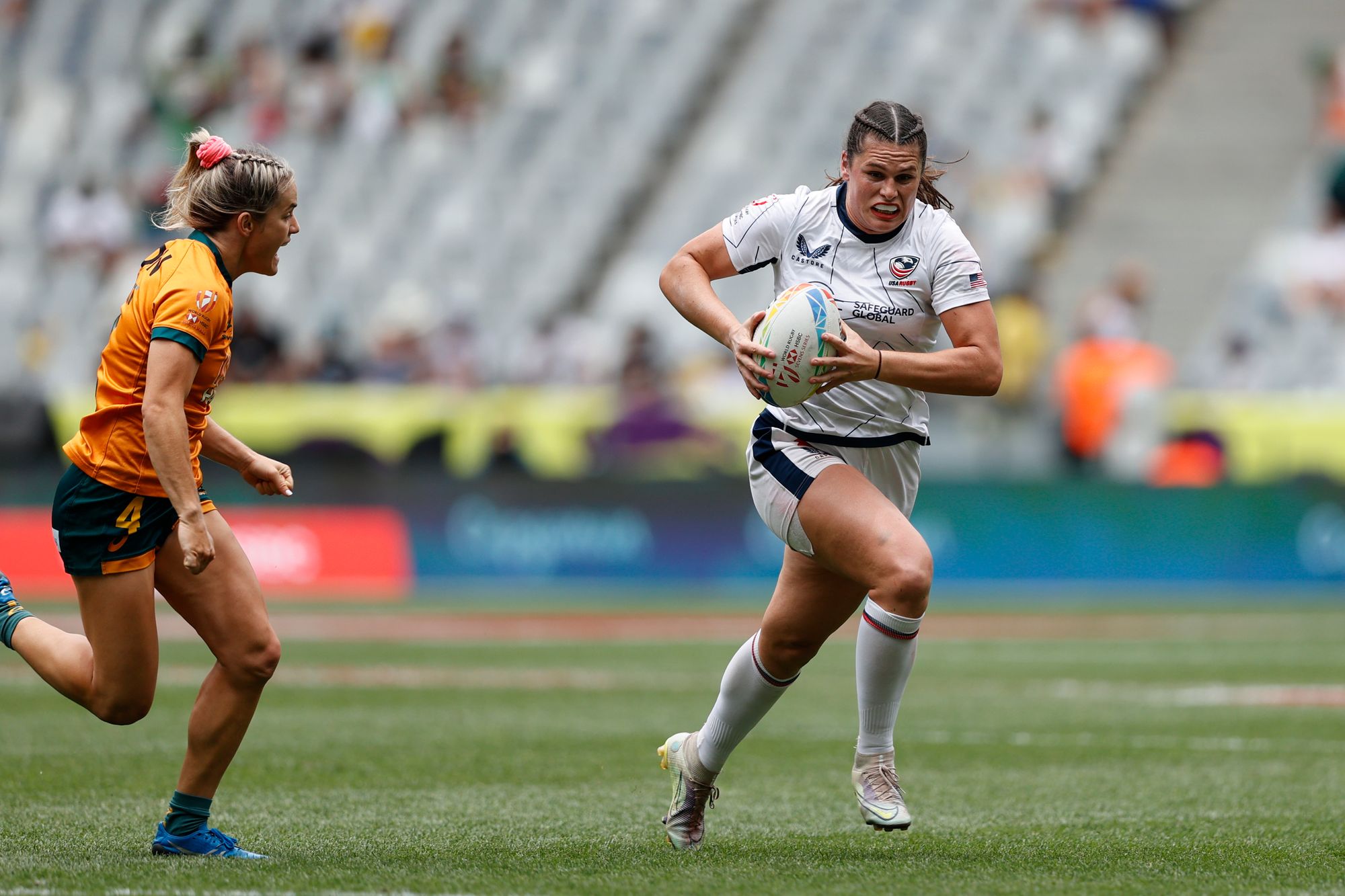
Ilona Maher found rugby after she was done with softball. [AP and Mike Lee photos]
Beast, beauty, brains.
Maher, 27, didn’t arrive at that ethos seamlessly. Like all worthy codes, it was carved by gashes, scars and necessity. In her case, it crystallized through her daily experience as a 5-foot-10 woman with broad shoulders, powerful legs and physical prowess in every sport she ever played.
Born in Burlington, Vermont, Maher grew up playing sports in part because her parents had seen the research about the all-around benefits for kids, especially girls. Softball, basketball, soccer, field hockey, Maher and her two sisters played something every season. Maher was both raised and wired to go all in at all times.
“What was so great about my upbringing is that my dad and my mom never told me to tone things down. I remember in one game, I was pitching too fast, and another dad told me to slow things down. My dad said, no, don’t change anything.
“Sometimes fathers, even with their daughters, try to go light on girls. But with mine, it was, ‘You’re going to be as fast and powerful as you can.’ That translated into everything I do in life.”
There were times, though, that no matter how powerful her performance, no matter how dominant her athleticism, snide comments sliced. Her size drew plenty of attention and made her an easy target.
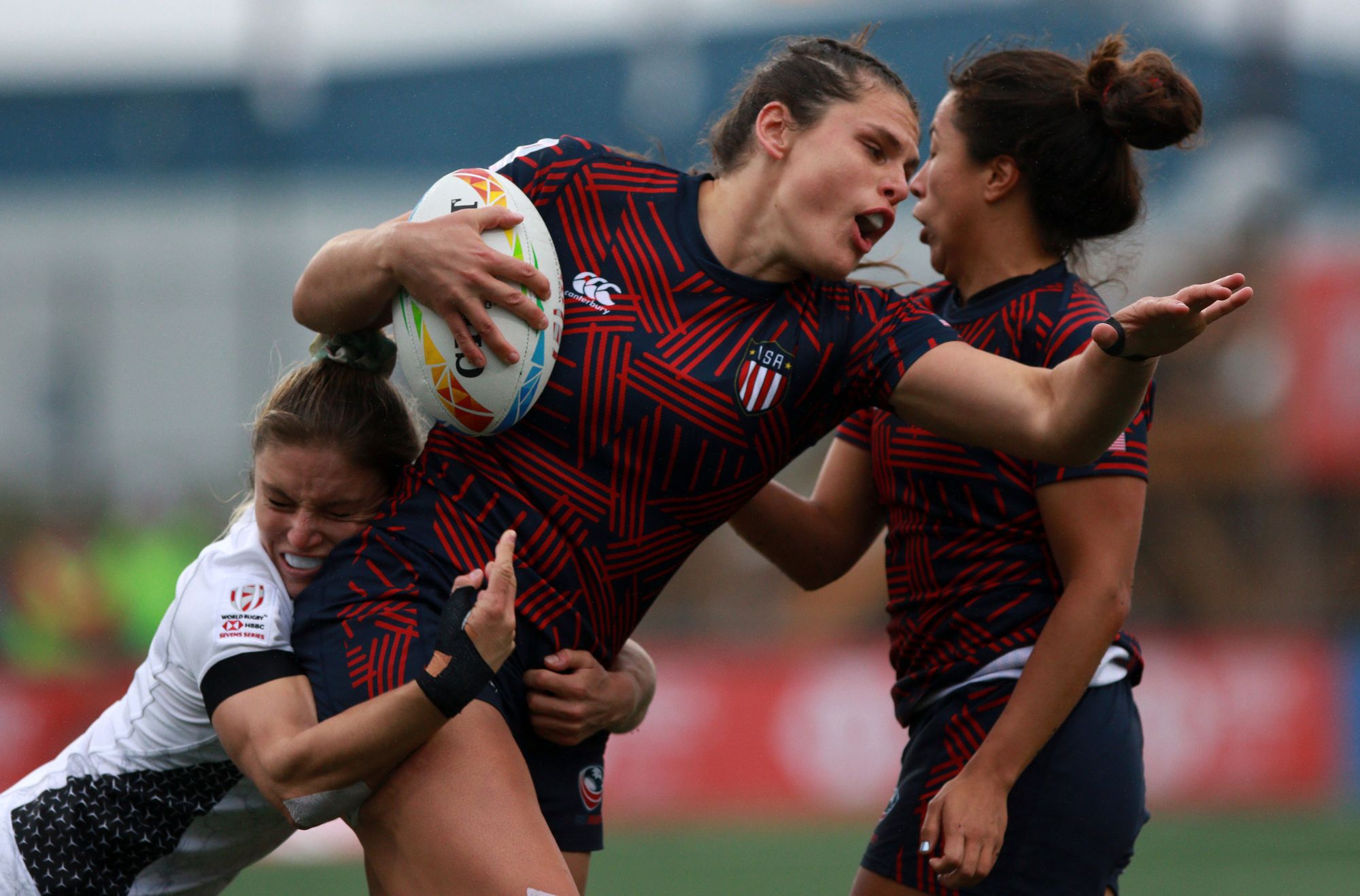
“I grew up as big, muscular, a little chunky. I always got called ‘manly’ and ‘masculine’ by the boys and whatnot, and that hurt deeply. I remember crying to my doctor.”
There wasn’t much to do except keep going.
Softball had been her predominant sport through high school until her senior year when she decided she was done with it. She had to play something, though, family policy and all. Why not rugby? Even though she’d never played it, rugby was familiar because her dad played.
She doesn’t remember her first exposure because it had always been in her life, but she remembers the vibe.
“It was me going to his club rugby games, seeing all these dudes walking around with a beer in hand having a lot of fun.”
Her senior year, she tried out for a local club team and instantly fell in love. The game itself was different than any other sport she’d played, but so were the stakes and the team dynamic.
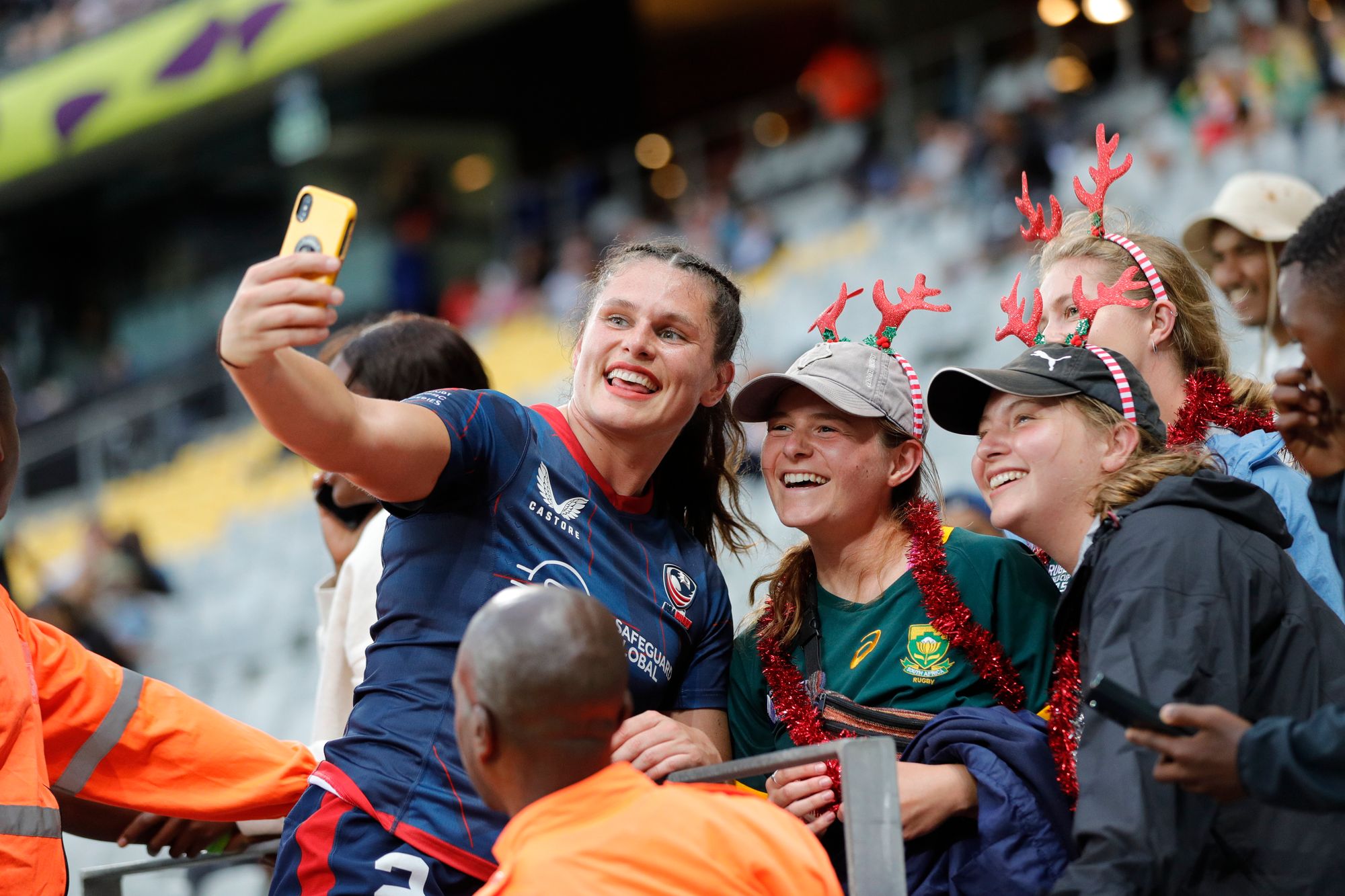
“The camaraderie and culture of it, it wasn’t really high-level, more like people were there to have fun. I’d never really had that experience before because I’d always been a varsity athlete. It was so different to have fun, meet new people. The culture had shifted.”
It turns out she was good enough to play at Norwich University for a season and then Quinnipiac University. So good in fact, that early on, there were whispers: You could be an Eagle. As in a member of the USA Women’s Eagles. The national team.
It was during this time that Maher began to see her body, and herself, more kindly and clearly.
“I always recognized that my body was really good at sports, but it wasn’t until I played rugby that I learned to love my body. I changed it. Now it’s not a bad thing to say but a fact: I’m 5-10. I don’t think of it as a negative thing. Playing rugby, seeing what my body was capable of on the field helped me. It gave me purpose. These big shoulders allowed me to tackle hard. And these big thighs helped me be powerful.”
She took that power and led her team to three titles, earned All-American honors, and earned recognition as the best women’s rugby player in college athletics. All while killing it in the classroom and working 12-hour clinical shifts while pursuing her nursing degree. After all, that was the plan: Follow in Mom’s footsteps and be a nurse, and maybe eventually continue on to become a nurse practitioner or doctor.
The emergency room drew her in. Its demands and energy shifted and lurched in unpredictable ways that suited her.
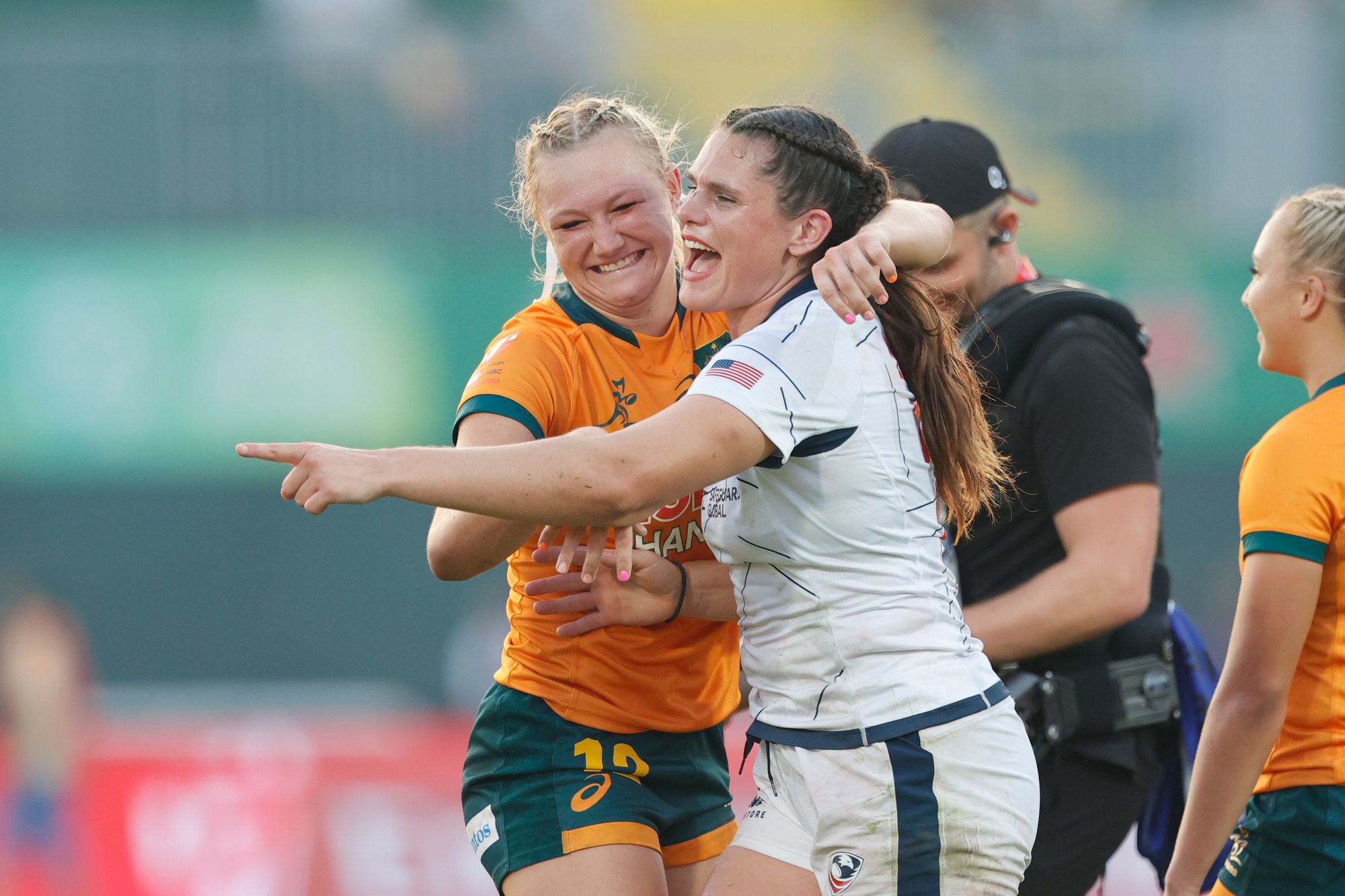
“I really excelled at it. I loved the patient care aspect. Working with your hands, the work ethic. I was really passionate about being a great nurse and passionate about being a great rugby player.”
Ultimately, she had to choose. After a very successful college rugby career, she was invited to play at the Chula Vista Elite Athlete Training Center outside of San Diego. That’s the training center for USA Rugby and 20 other sports with teams across Olympic, Paralympic, professional, collegiate and international organizations.
It was a tryout of sorts, a way for national team decision-makers to see whether she was Olympic caliber. But she’d worked so hard for that nursing degree. Should she and could she set it aside to see where rugby might lead? She consulted friends.
“All of them were like, ‘There will always be sick people, and there will always be a place for you in nursing, but only 1% have a chance to go to the Olympics.’”
A week after graduating, she headed to California. Five years later, she’s still there.
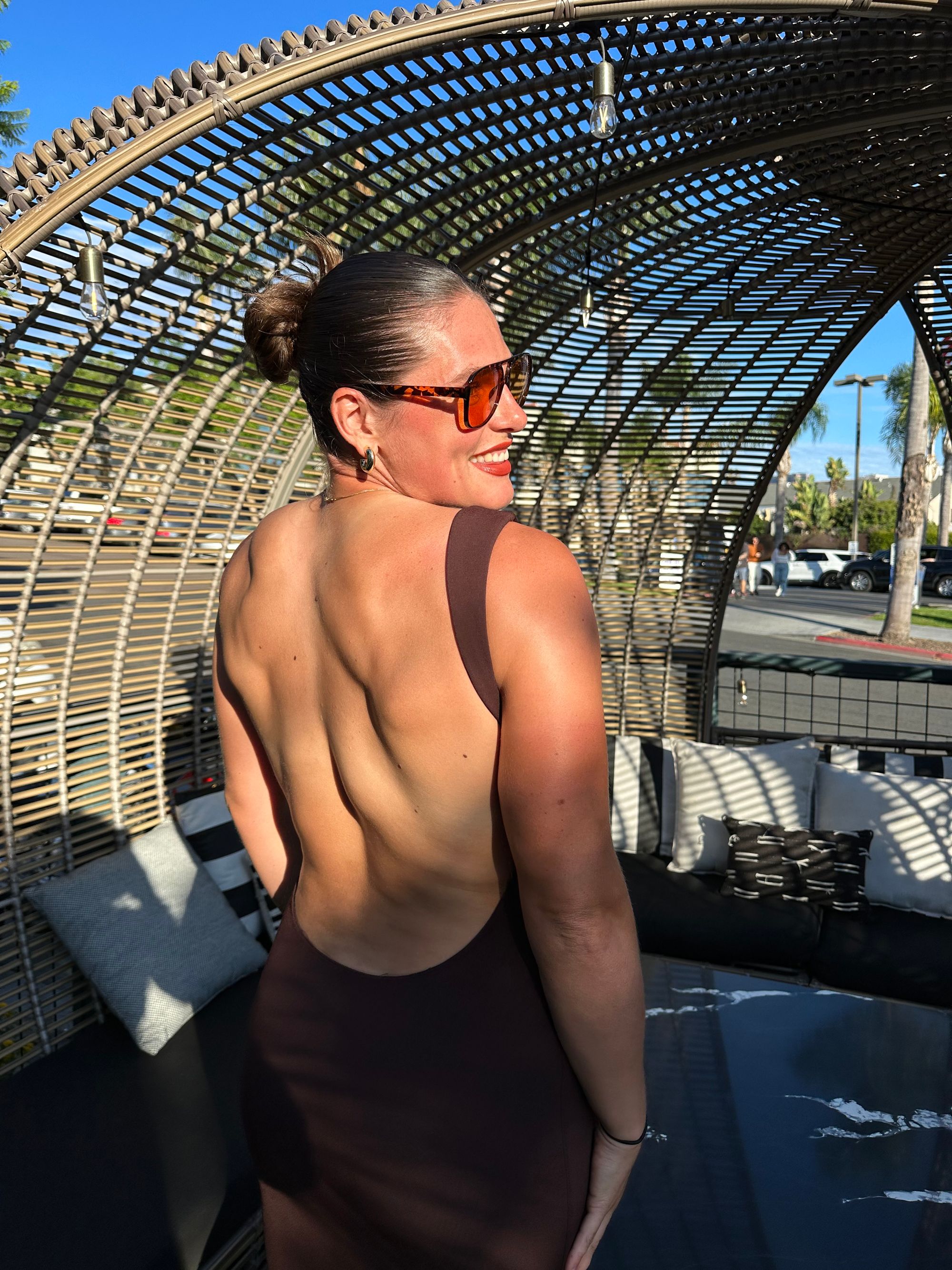
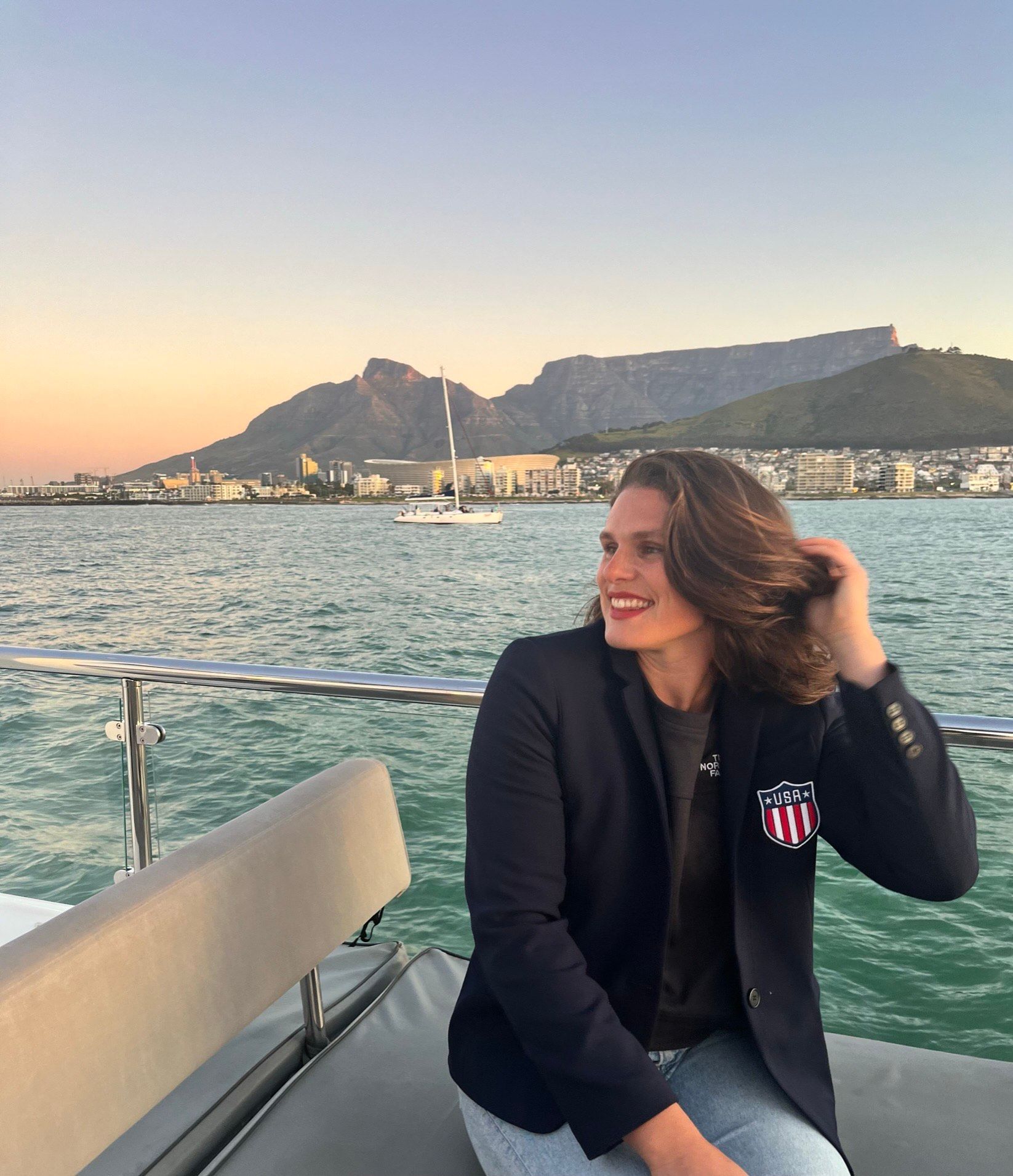
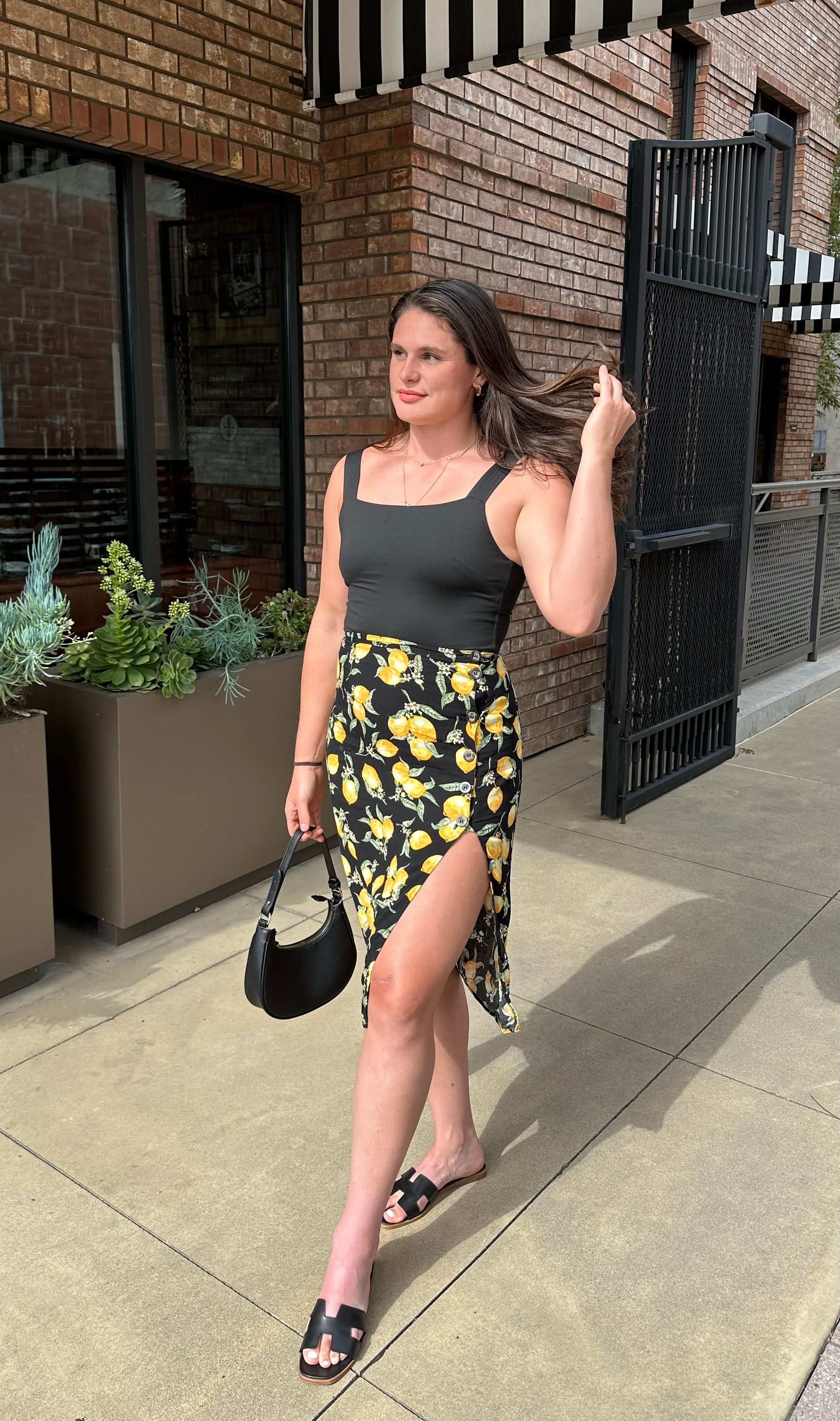
"I'm smart and I have degrees. We're so much more than what we do on the field. I’m so much more than rugby," Maher says. [courtesy photos]
She played on the global stage for the first time in 2018 at the Paris Sevens tournament and went on to compete at the Rugby World Cup Sevens 2018 in San Francisco. And then boom: the Tokyo Olympics, held in 2021 because of the pandemic.
With one decision, she was an Olympian. Team USA finished in sixth place in the rugby sevens, but she’d made a name for herself with viral social media posts about everything from the actual functionality of athletes’ beds to whether “demigod” athletes might be looking for a wife.
And then just like that, the Games were over.
That hit her in a way she didn’t expect or know how to manage. It wasn’t so much the competition that tested her, but the post-Olympic blues, as Michael Phelps discusses in his documentary The Weight of Gold.
“You train your whole life for it, then play three days of rugby and you’re done. Michael Phelps made that documentary about it, how these athletes, we base our value on our sport, so when it doesn’t go well … like the Olympics for me, I’d put all my eggs in this basket, and it’s done. That’s been my biggest hurdle.”
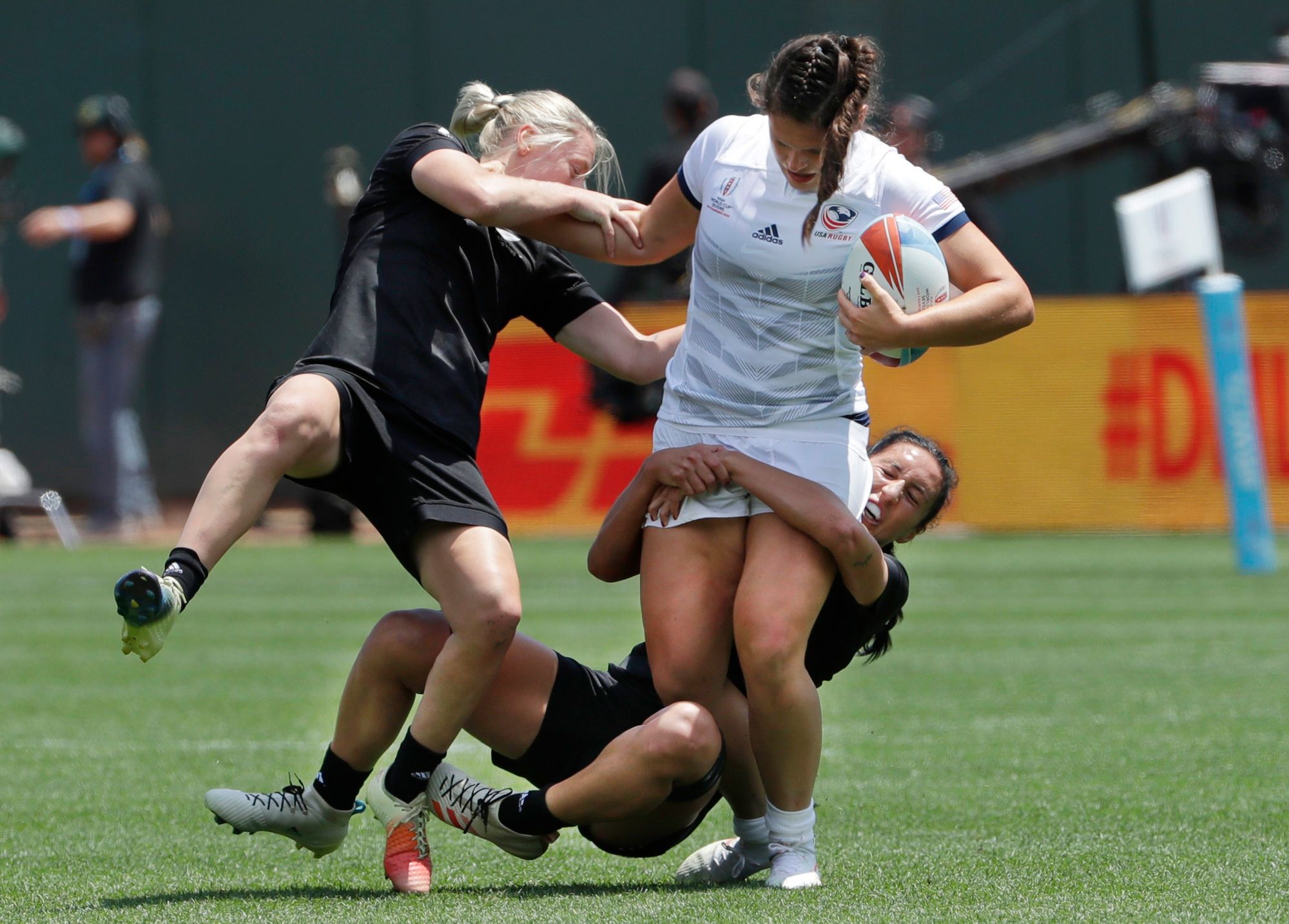
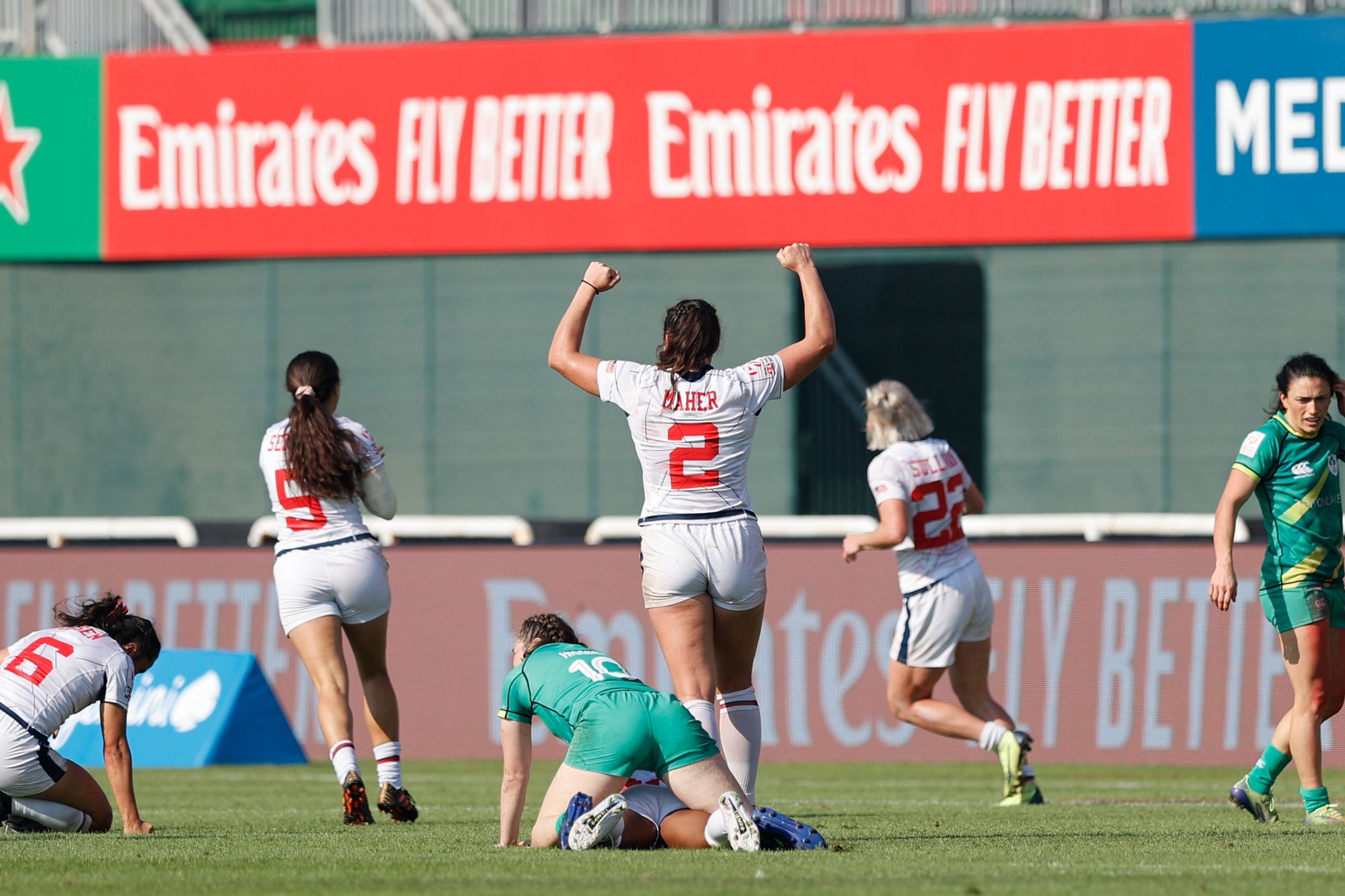
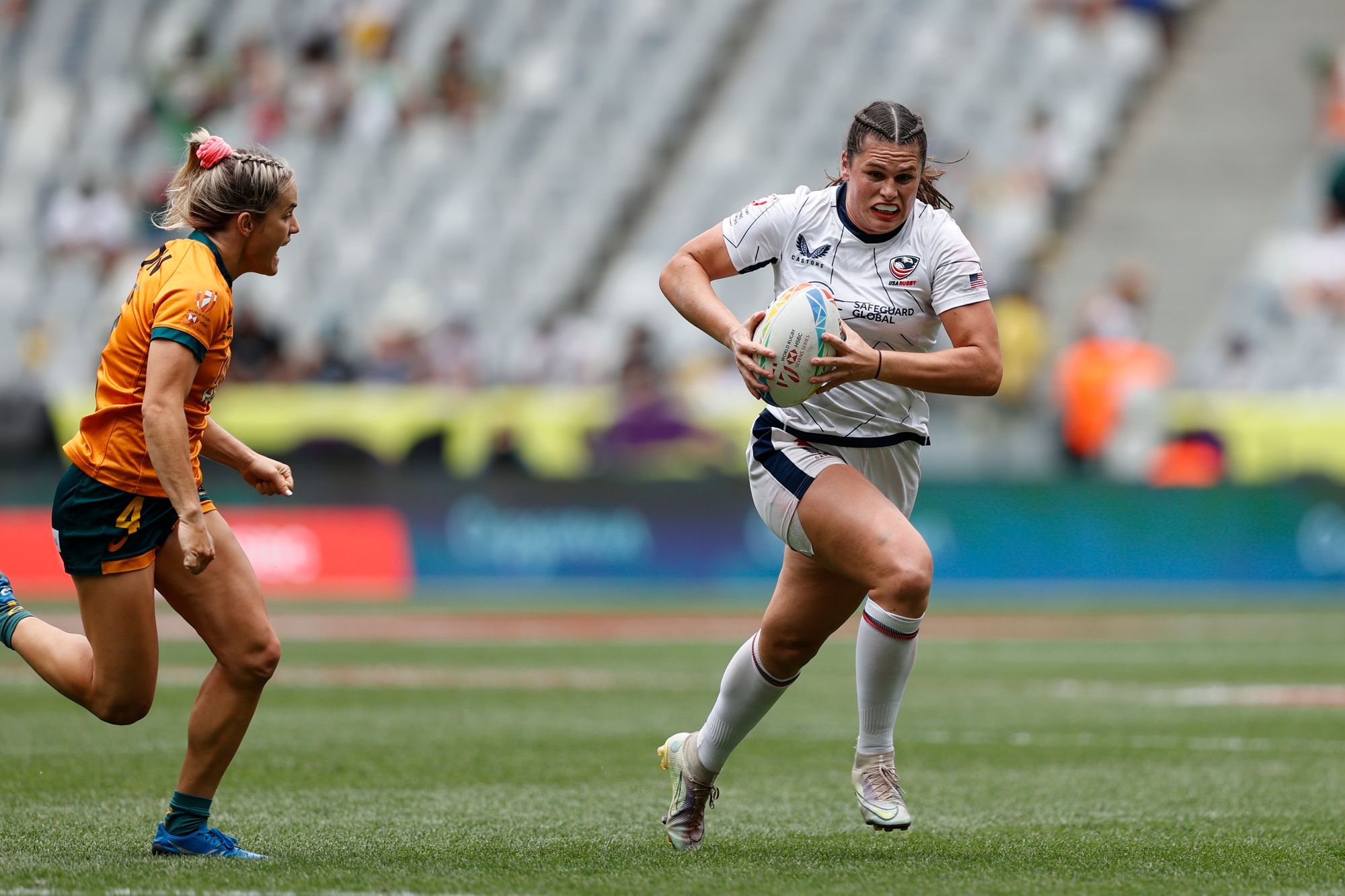
Maher is working toward Paris 2024 while enjoying the little things. [AP and Mike Lee photos]
Overcoming it took time. And talking. She worked with a therapist and sports psychologist to get herself to a healthier place, one that will serve her going into the 2023–24 season, which includes the 2024 Paris Games.
If she makes the team (“never get complacent”), she’s determined to approach these Games differently. Instead of focusing solely on her performance, she’s going to enjoy all the details. The bus rides with her teammates. The meals. The vibe.
“I cherish my female friendships and the bonds I have with these women. We’re in the Barbie era here, but I’ve truly learned how good that is for my growth and well-being — having good people around you.”
Those same friends and teammates helped her continue the journey she began in college: seeing and treating her body in a healthy, honest way. When Maher joined the national team, she was struck by her teammates’ confidence and how comfortable they were in their own skin.
“Naya (Tapper) is big like me and confident. We’d be out, and she’d say, ‘You need to eat more than that. You’re a big girl, your body’s different.’”
Now, Maher is happy to be that person for all of her followers on social media. Beast, beauty, brains.

“It’s the pyramid effect. She helped me and many others, and if I can do the same for other people, then they’ll do the same for others still. You have to see it, in a way, to understand, and if you don’t have it personally, maybe through a screen is another way.
"We put athletes in a box at times. Rugby players are put in a box: They're masculine and brutish. There are so many more dimensions to athletes that aren't talked about. I can be a beast on the field, but I think of myself as beautiful. I'm a beauty. I'm smart and I have degrees. We're so much more than what we do on the field. I’m so much more than rugby.